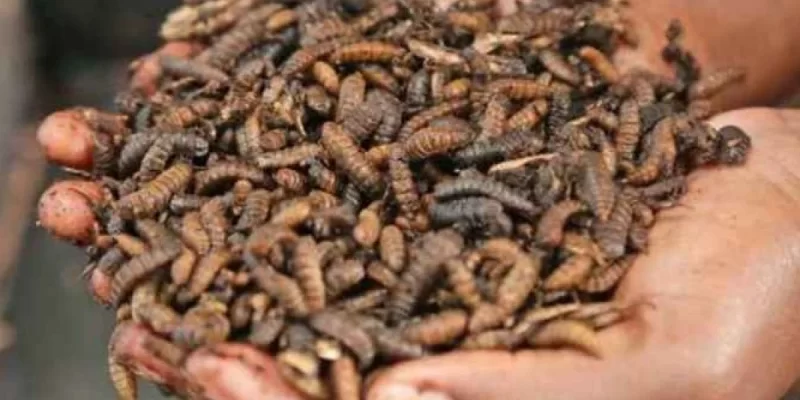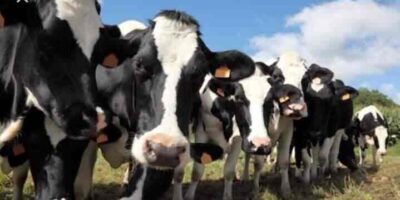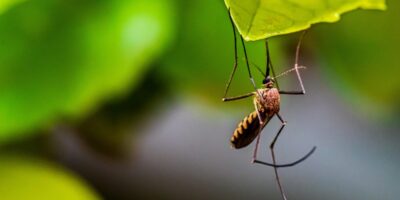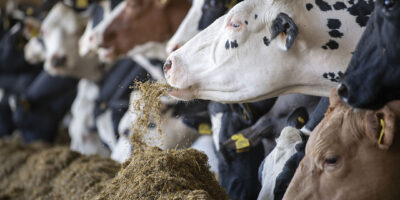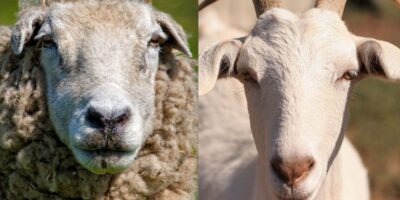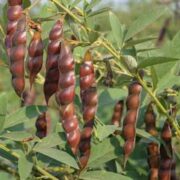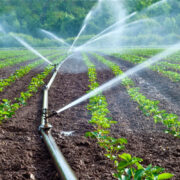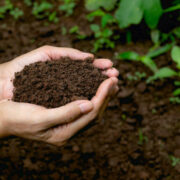Bridging the Protein Gap: In a world grappling with the pressing challenges of feeding a growing population and combating nutrition crises, a potential solution is emerging from an unexpected source, the humble black soldier fly. As demand for protein continues to surge, the meat industry is straining under the weight of environmental burdens like deforestation, carbon emissions, and excessive water consumption. This has cast a shadow on the pursuit of sustainable diets. However, a ray of hope shines through in the form of Black Soldier Larvae Farming, which has the potential to transform meat production into an eco-friendly endeavour.
Scientifically known as Hermetia illucens, the black soldier fly belongs to the Dipteran family and offers promising protein supplementation. With a rapid life cycle of just 13 days for larvae to mature, and a high reproduction rate, these insects are a prime candidate for animal feed. Notably, they can help alleviate the challenge of fodder for fish farms and livestock.
Also Read: Spirulina Cultivation: Spirulina’s Journey from Pond to Profit
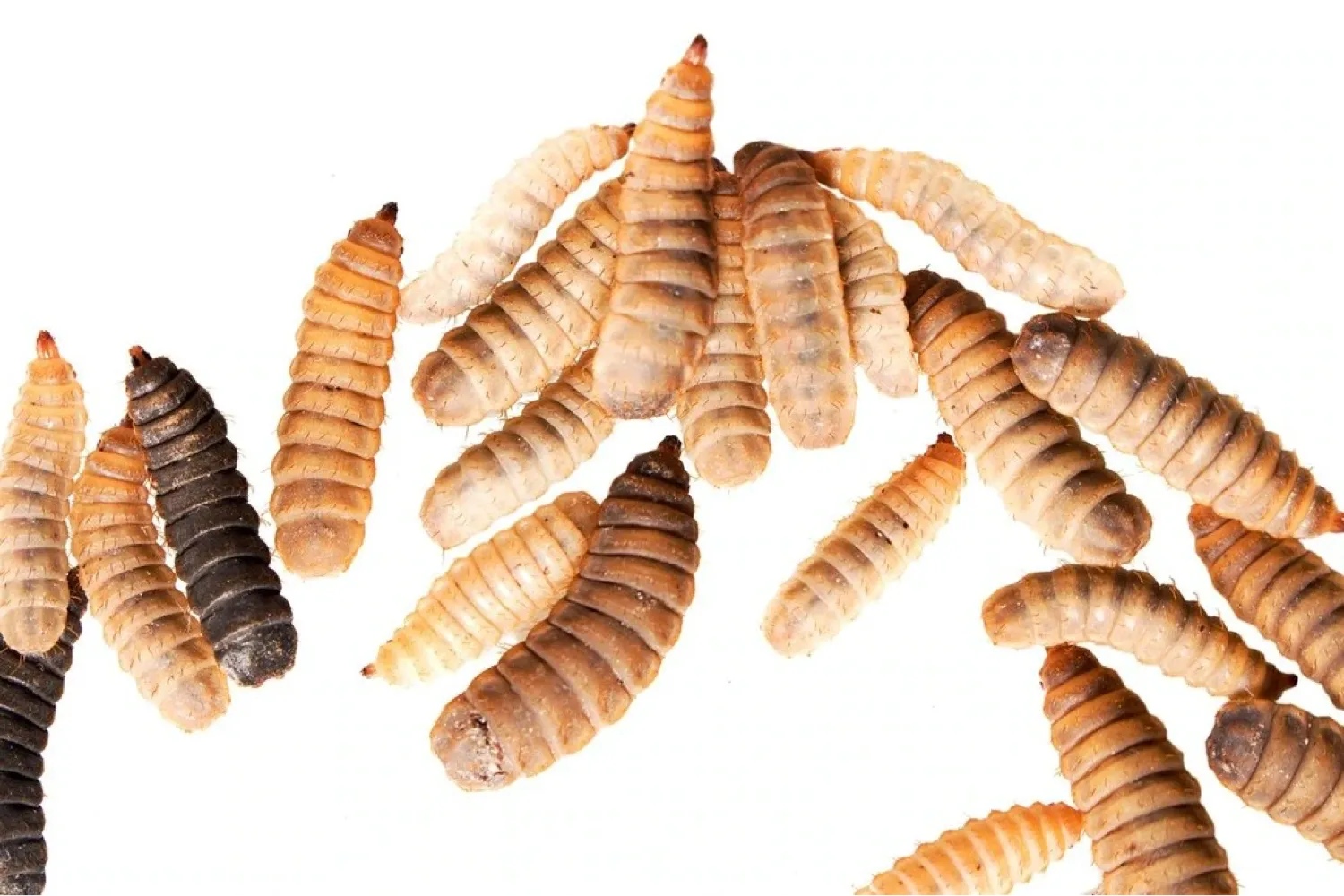
Black Soldier Fly Farming
One of the notable advantages of black soldier fly farming is its ability to mitigate environmental concerns. As worries mount over the ecological impacts of deforestation linked to soy production, embracing this practice offers a harmonious solution. Unlike traditional livestock farming, black soldier larvae can thrive in minimal space and do not require clean water to flourish. Their larvae grow in close proximity, allowing for efficient space utilization and minimizing the need for extensive farming areas.
The breeding process begins with the collection of eggs laid by the black soldier flies, which are then transferred to specialized trays. This phase demands optimal conditions of temperature, humidity, and air flow. Within a span of just nine days, these insects transform organic waste into a protein-rich biomass. Employing innovative vertical farming techniques, such as the ZOEM racks, maximizes growth surface area while minimizing floor space usage. Importantly, black soldier fly larvae have a voracious appetite for various organic materials, including food waste, manure, and mold, effectively turning these waste products into valuable feed.
Also Read: Aeroponic Farming: Revolutionizing Potato Aeroponic Cultivation

Black Soldier Fly Farming
Upon reaching the harvesting stage, black soldier fly larvae contain a remarkable 40% to 65% protein content within their bodies. This potent protein source is then skillfully converted into nutrient-rich larvae meal, which finds its way to animal feed companies. This breakthrough addresses a significant environmental concern – the uneven distribution and storage of manure and organic waste. By efficiently converting these waste products into high-quality feed, the black soldier fly farming approach offers a sustainable solution to waste management while benefiting agriculture and animal husbandry.
While developed nations have already embraced black soldier fly farming as a sustainable means of meat production, it’s time for the rest of the world to follow suit. This innovative approach has the potential to revolutionize the way we produce meat, alleviate environmental stressors, and pave the way toward a more sustainable future for generations to come. By harnessing the incredible capabilities of the black soldier fly, we can take a significant step forward in achieving a balanced, eco-conscious approach to feeding the world.
Also Read: Black Wheat Farming: Say Hello to Nutrient Packed Black Wheat For Your New Healthy and Tasty Choice!

